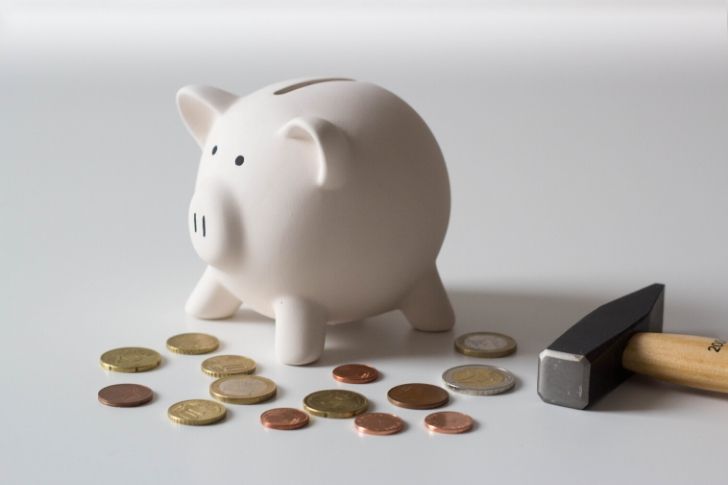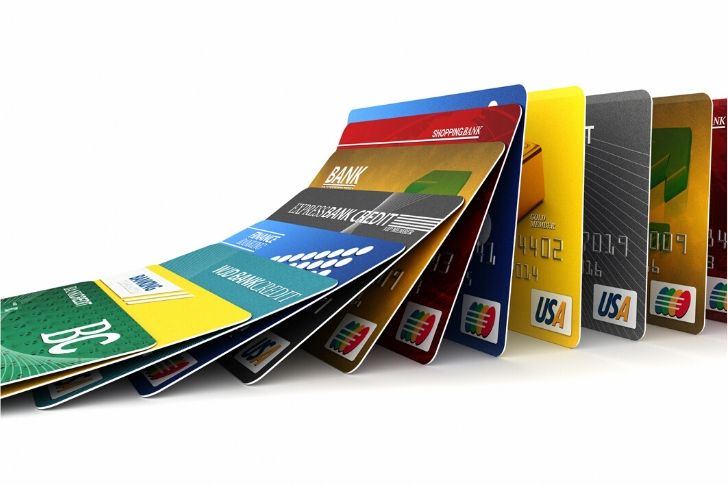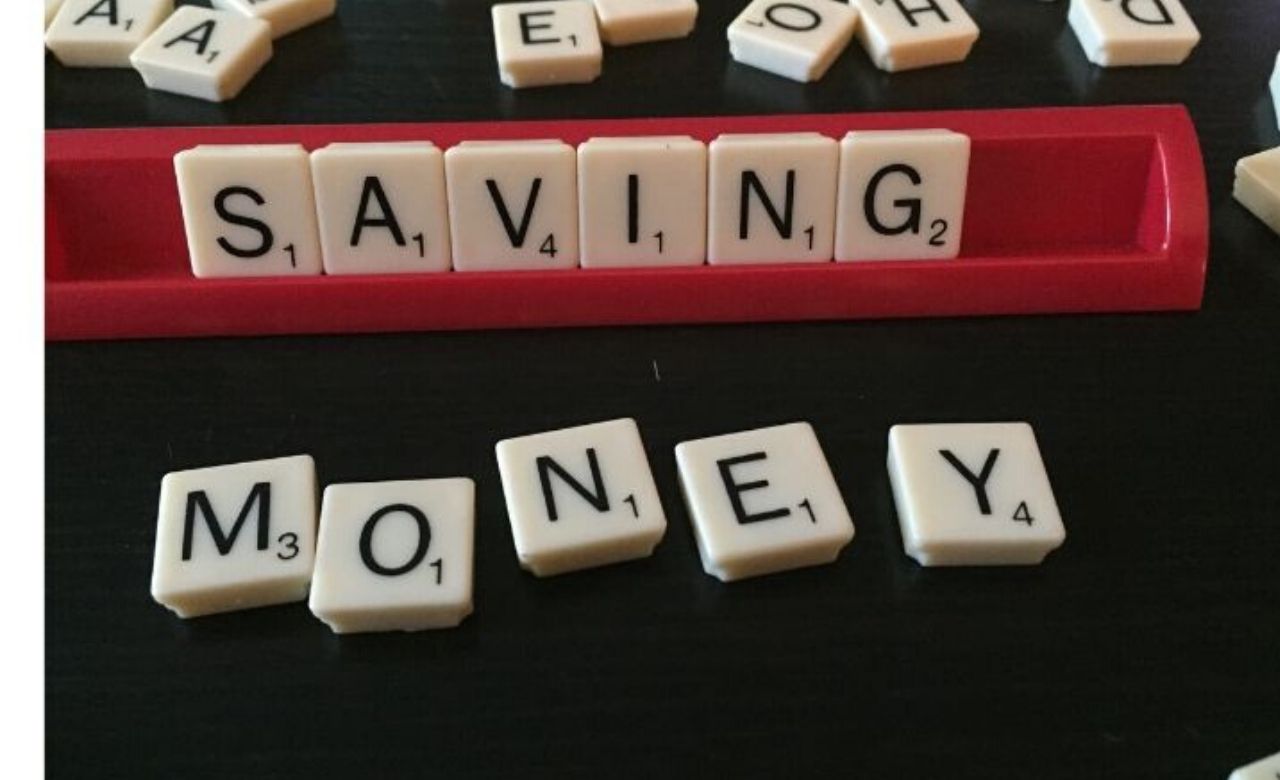Starting a new job and earning your own keep is a liberating feeling. That is until you realize that your bank account is sitting lonely and empty.
Whether it’s an underpaying job, student loan, or a mortgage, it’s never too late to steer your finances to a better, healthier direction. According to financial adviser, Jacqui Park, “There’s no time like the present.”
To start you off on your journey to better living, here are some things you need to consider.
1. Start a savings plan
What is a savings plan? Is it a basic list of your expenses every month? An excel sheet you’ll start and never update again?
No, it’s much more than that. Here are some guide questions to get you started.
What’s your baseline? Where are you at right now? Do you have debts like housing loans or student loans that you need to pay? Do you have any investments?
Next, look at your income and your expenses. How much do you have after-tax, and with benefits subtracted away? What are you spending on?
Everyone’s got a spending pattern. Find yours by looking back on your expenses for the last three to four months. Note down your monthly expenses like insurance, electricity bills, and credit card fees.
Now that you’ve got your baseline and cash flow, determine your goals. Separate these goals into short-term goals and long-term goals. Holidays abroad, a car and the like fall under short-term goals. Long-term goals include retirement and paying off house loans.
When doing this, always include an emergency fund as another separate savings bucket.

2. Be kind to yourself
One of the big reasons why people fail to save is that they have this mindset of “go big or go home.”
This doesn’t apply to saving, often, it derails you from it. Some people get intimidated and never start while others go way too hard and fast and end up burning down and falling off the habit.
Start small and start with what you can. You don’t have to suddenly have investments or pay off your loans when you still can’t afford it. Begin with saying “no” to that coffee run, or that cute top from the mall, once a week. Once you’ve started the habit, you can build upon it, and eventually, it’ll get easier.
Another challenge people struggle with is trying to save while also having credit card debts or personal loan debts. Instead of saving all of the funds you could save, it’s best to slowly pay off these debts rather than letting them gain interest and putting you under more financial stress in the long run.

3. Have different accounts
While saving, it’s best to split your money into at least three buckets or accounts. One for essentials, one for leisure and another one for savings. This allows you to physically separate your expenses, which, in turn, helps you mentally.
You can do this with different banks. Consider high-interest savings account for your retirement fund and an account that offers investment features for your short-term goals.
All in all, it only takes a few steps and a strong mindset to break the cycle of earn-spend-earn and avoid the pitfall of falling into debt. With consistency and hard work, you’ll soon be on your way to paying off your student loans or business loans, setting up your own business, and enjoying your hard work without any worry.
Everything starts with a plan, followed with consistency and the desire to start and start as soon as possible.
Based on Materials from My Domaine
Photo Credits:
Nathan Richardson/Flickr
Marco Verch/Flickr
Brennan Clark/Flickr

